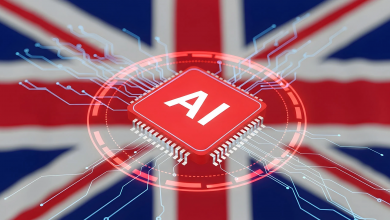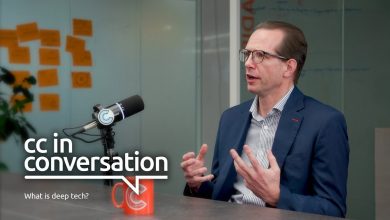Microsoft Adds Anthropic’s AI Models to Copilot
On September 24, 2025, Microsoft announced the integration of Anthropic’s AI models into its Microsoft 365 Copilot suite, marking a significant expansion of model choices beyond its primary partner, OpenAI.
This move allows enterprise users to leverage Anthropic’s Claude models for enhanced reasoning, research, and agent-building tasks, while maintaining OpenAI as the default.
The update is part of Microsoft’s broader strategy to diversify its AI offerings and reduce reliance on a single provider.
Key Details
Models Added:
Anthropic’s Claude Sonnet 4 and Claude Opus 4.1, which excel in deep reasoning, workflow automation, and handling complex, multi-step tasks.
Availability:
- Researcher Agent: Users in Microsoft’s Frontier Program (early access) can opt-in to use Claude Opus 4.1 as an alternative to OpenAI models for advanced research. A “Try Claude” button enables easy switching.
- Copilot Studio: These models are now selectable for building, orchestrating, and managing custom AI agents. Multi-agent systems can mix OpenAI and Anthropic models seamlessly.
- Rollout Timeline: Immediate access in early release environments worldwide; preview for all environments within two weeks; full production readiness by year-end.
How to Enable:
Admins must activate Anthropic models via the Microsoft 365 admin center under Copilot > Settings > Data access > AI providers. Once enabled, users with Microsoft 365 Copilot licenses can access them.
Technical Notes:
Models are hosted on Amazon Web Services and Google Cloud (not Microsoft Azure) and are subject to Anthropic’s Terms of Service. If disabled, agents automatically fallback to OpenAI’s GPT-4o.
Implications
This integration reflects evolving dynamics in Microsoft’s AI ecosystem, following similar expansions like adding models from xAI and Meta earlier in 2025. It provides businesses with greater flexibility to choose the best AI for specific needs, such as HR onboarding automation or complex data analysis. Analysts view it as a step toward “disentangling” from OpenAI exclusivity, potentially intensifying competition in enterprise AI.



